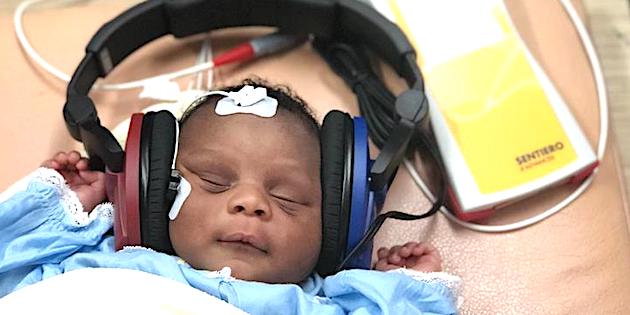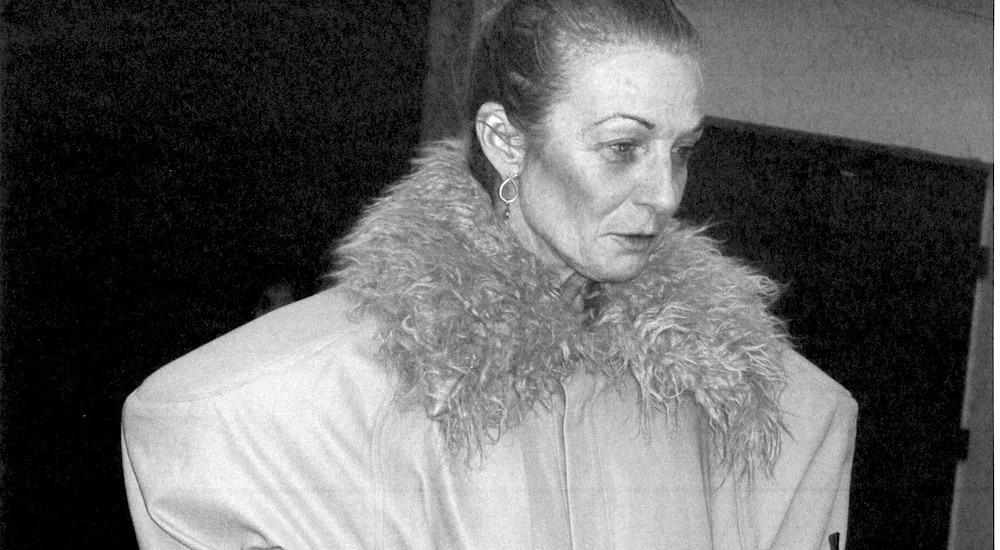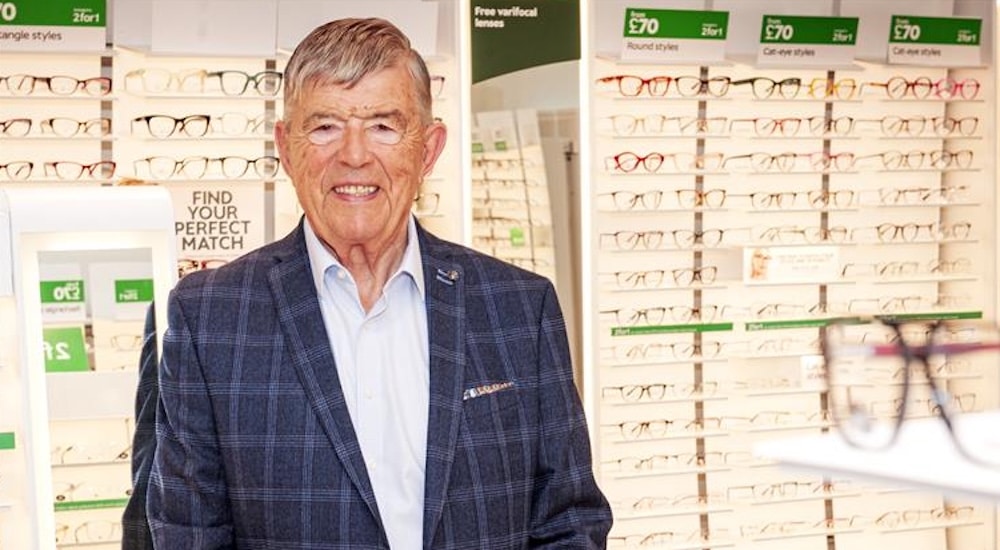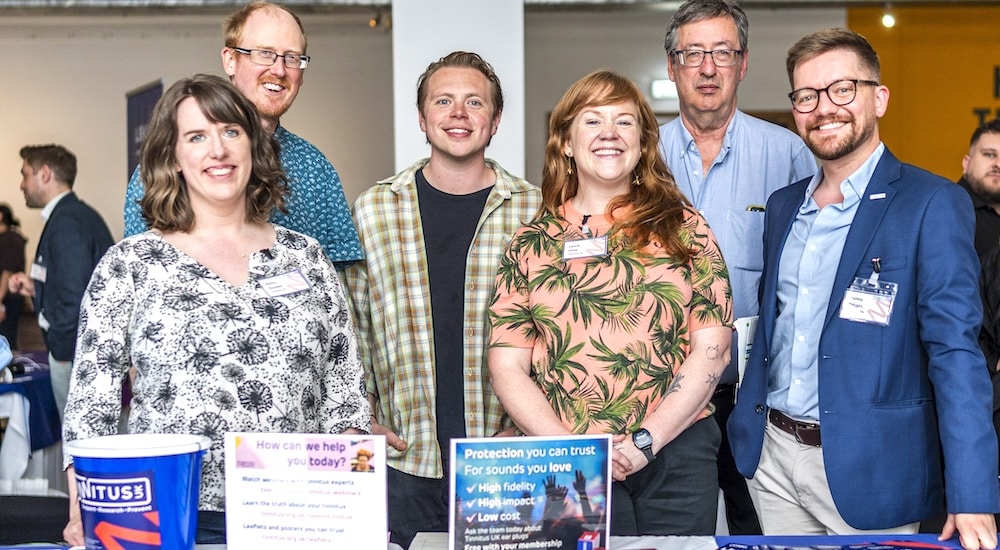Hearing loss sufferers in 14 developing and emerging countries to benefit from Austrian-led Hearing Healthcare Alliance
solidarity
The global implantable tech company MED-EL has teamed up with two Austrian government bodies to manage a Hearing Healthcare Alliance to operate a five-year program to improve the diagnosis, treatment and rehabilitation of people with hearing loss.

Launched to mark World Hearing Day on March 3, the Alliance will work on the ground in 14 countries: Senegal, Ivory Coast, Nigeria, Kenya, Ethiopia, Tanzania, Uganda, Benin, Cameroon, Pakistan, Nepal, Bangladesh, and Bhutan. The work will be carried out by an international network of more than 120 organisations and experts in the field of education, global health and hearing care.
100,000 to benefit from Hearing Healthcare Alliance in three years
Part funded by the Austrian Development Agency (ADA)—the operational unit of the Austrian Development Cooperation—and managed by MED-EL, the programme intends to address the problem highlighted by data from the World Health Organisation showingthat 20% of the world’s population is living with hearing loss – 80% of which live in middle- and low-income countries. To this end, the Alliance is setting out to improve capacity and infrastructure development, hearing screening and early diagnosis, training and knowledge transfer, as well as awareness and communication.
The launch announcement from MED-EL sets a concrete target for help: "In just three years, nearly 100,000 people with undiagnosed and untreated hearing loss will directly benefit from the expertise of the Alliance," the firm promises.
Dr. Friedrich Stift, Managing Director of ADA explains: “Our latest partnership with MED-EL builds on the experience gained through our award-winning hearing care initiative in Côte d'Ivoire and Bangladesh, which focused on new-born hearing screening and professional education. Strategic partnerships and experiences like these are central to bringing about sustainable and systemic change that benefits local communities and makes a measurable contribution to achieving the Sustainable Development Goals (SDGs) and WHO resolutions on hearing care.”
Source: MED-EL


